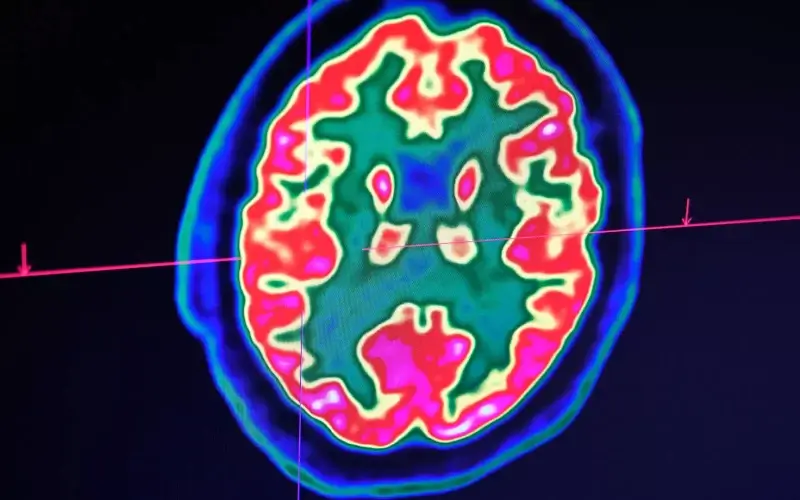A fully paralyzed patient with ALS, or Lou Gehrig's disease, has regained his ability to communicate via a new brain implant, according to a study published by European researchers in Nature Communications on Tuesday.
Why it matters: The number of people diagnosed with ALS has risen every year and is projected to reach 300,000 by 2040. The treatment could also help patients in minimally conscious and comatose states, the New York Times reported.
Details: Two microchip implants were inserted into the brain of a German patient, according to the study published by Ujwal Chaudhary and Niels Birbaumer. Afterward, the patient was able to form words and full sentences using mental impulses.
Yes, but: Chaudhary and Birbaumer had conducted similar experiments in 2017 and 2019, but both studies were retracted.
- An investigation by the German Research Foundation found that they had not appropriately shown details of their analyses and had made false statements, the Times writes.
- The foundation said that it would investigate the latest study, the Times reports.
What they're saying: Nature Communications declined to reveal how the study was vetted.
- "We have rigorous policies to safeguard the integrity of the research we publish, including to ensure that research has been conducted to a high ethical standard and is reported transparently," a spokesperson told the Times.
Of note: The treatment is expensive and experimental and was tested on only one patient in the study.









